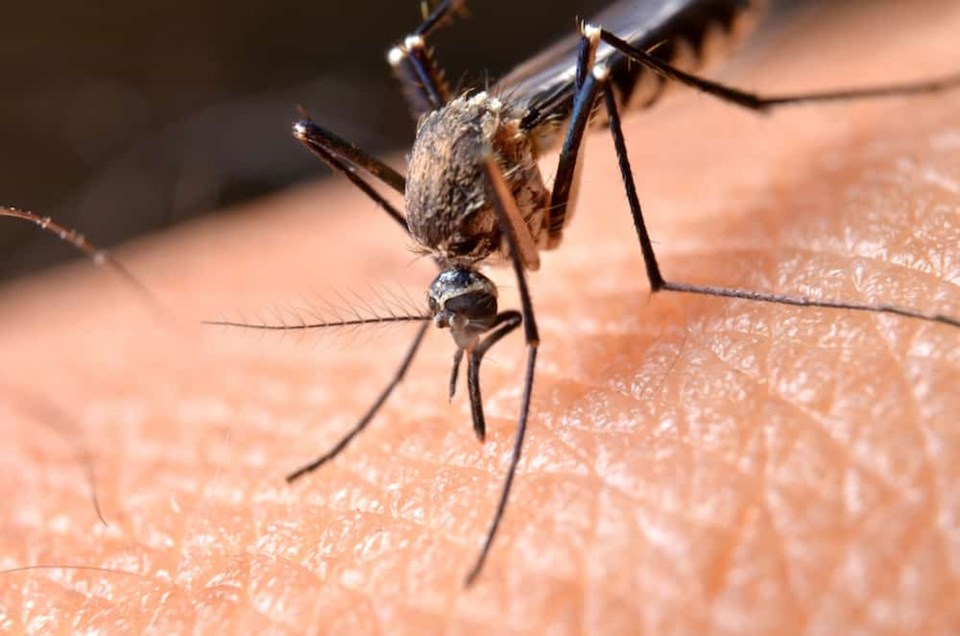Mosquito spraying season is over in Longmont
The city in a Wednesday news release announced spraying operations aimed at controlling mosquitoes that could carry West Nile virus had wrapped up after being conducted weekly July 30 through Aug. 27. However, it also advised people not to let their guard down when it comes to the virus.
“Although the risk of being infected with West Nile Virus has abated for 2020, Boulder County Public Health and Longmont officials still encourage residents to take necessary precautions to protect themselves,” the city stated in the release.
Precautions include the 4Ds:
-
Defend against bites by sparingly applying insect repellent to exposed skin.
-
Dress in long sleeves and pants.
-
Avoid outdoors from dusk until dawn.
-
Drain standing water where mosquitoes breed.
There were 13 West Nile cases reported this year by the Colorado Department of Public Health and Environment, with one of those in Boulder County.
West Nile-positive mosquitoes were discovered five times this year in Boulder County, with at least three of those positives discovered in traps in Longmont, according to the release. West Nile Virus-positive mosquitoes also were identified in Fort Collins on July 27, which prompted the start of spraying operations in Longmont on July 30.
This year, contractor Vector Disease Control International sprayed 166.77 miles in Longmont, the lowest in the history of Longmont’s program, according to the city.
The city spent $73,944 on its mosquito control program this year, which in addition to spraying included attacking mosquitoes in their larval stage before they became airborne, according to the release.
“Eliminating mosquitoes before they hatch is the best way to fight the spread of the West Nile virus,” Dan Wolford, Longmont Land Program administrator and West Nile program manager, stated in the release. “Attacking mosquitoes in their larval stage is one of the city's integrated pest management strategies that eventually minimizes the amount of fogging needed later for airborne, adult mosquitoes.”
To learn more about Longmont’s mosquito control strategy, visit LongmontColorado.gov/westnile or call 303-651-8416.
For more information about the health impacts of West Nile virus or mosquito activity in Boulder County, visit the Boulder County West Nile Virus webpage or call the Colorado Health Information Line at 877-462-2911.

